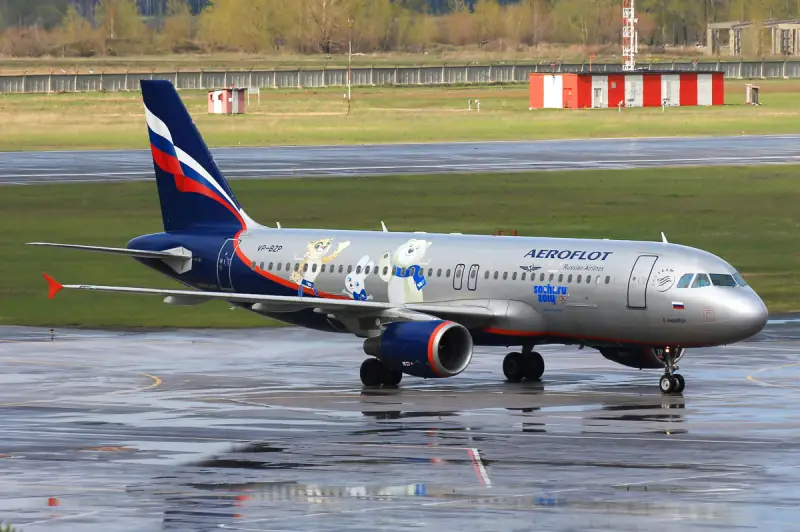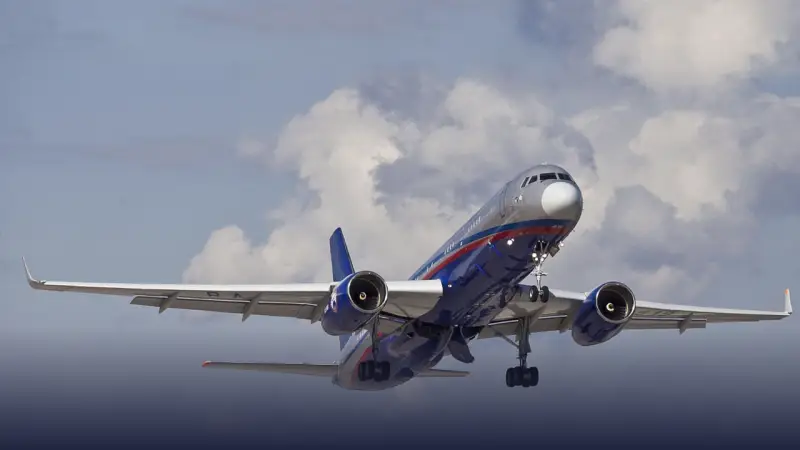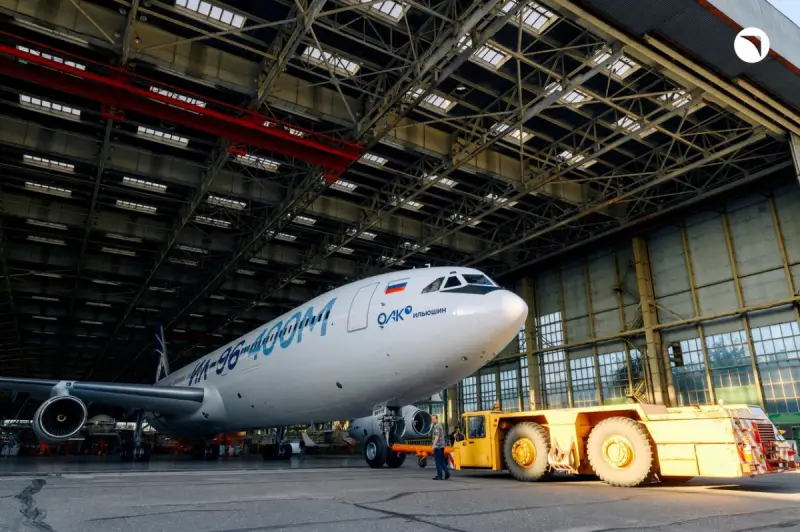Why has domestic civil aviation still not landed?

The flight continues
Everyone remembers the spring of 2022, when Western technology companies declared real war on Russia. A lot of everything was banned - from commonplace smartphones to the supply of spare parts for passenger aircraft.
Experts of various persuasions frightened us with tales, one more terrible than the other. One “analyst” on a completely respectable resource at the beginning of the summer of 2022 predicted a total stop of agricultural machinery by the fall. They say that the lack of imported spare parts will lead to the fact that Russians all over the world will go to reap grain with sickles.
Not to mention the notorious combines, most of the aircraft remain in service. There were generally terrible rumors about them.
First we remembered the term cannibalism as applied to technology. Experts predicted that in 2023-2024, half of the aircraft fleet will remain on the ground in order to donate their entrails to the other half. Difficult times require difficult decisions, what can you do.
But there were even more tragic predictions.
It's about a series aviation accidents and even disasters. The reality, to put it mildly, turned out to be completely different. Fortunately. But in the West they are not calming down in propaganda hysteria.
In February, The Wall Street Journal wrote about a twofold increase in the number of accidents in Russian aviation. The Americans counted 74 events at once and tried to convince readers that it was the sanctions that caused the malfunction. Many of which are critical - journalists wrote about the failure of aircraft engines and control systems. News It was instantly replicated all over the world, and in Russia it acquired a special flavor.
In fact, there was no even statistically significant increase in the number of aircraft accidents. Not to mention the cases that could be noticed without the mathematical apparatus. But negative news, even fake, tends to spread quickly and take root in people’s heads for a long time.

The situation in the domestic air navy It cannot be called simple, but it is also very far from catastrophe. The airworthiness of aircraft can be maintained, albeit with considerable effort. So far it has been successful, it should be noted. No one knows what will happen in five or six years and beyond.
One of the main reasons why the West failed to strangle air travel was globalization, damn it. The Airbus-Boeing duopoly has delegated the production of components to so many contractors that it is not always possible to track the journeys of individual components. Of course, Pratt & Whitney will not sell the assembled aircraft engine to Russia, but it is quite possible to arrange the supply of spare parts. Through third countries, for example.
The biggest difficulties, oddly enough, arose with the domestic SSJ-100 airliners.
The car consists of 70 percent imported components, and not simple ones, but quite unique ones. The Franco-Russian aircraft engine PowerJet SaM146 alone is worth something. As soon as third parties place an order for spare parts for an engine or other unique spare parts, the seller immediately becomes tense - will they end up going to Russia? It’s fine, let them fly for their health, but no one is ready to endure secondary sanctions.
An even more critical situation has developed in S7.
This office was unlucky - they thoroughly purchased imported Airbus A321neo with very capricious Pratt & Whitney engines. The products require difficult maintenance, which ultimately forced the carrier to ground all aircraft in the series. Let us note that it should not be lifted into the air with passengers, regardless of the prohibitions, but rather left in the pits until better times. Of the 39 aircraft in the series, 13 aircraft do not fly.
It is worth noting separately that all three serious accidents with the A321neo over the past couple of years did not happen in Russia. One each in Guinea, Peru and Singapore. The events were not always caused by technical faults, but the fact remains that incidents were recorded abroad.
Airbus and Boeing vs.
There is every reason to suspect that Airbus and Boeing are interested in supplying spare parts to Russia through gray channels and through third countries.
Firstly, whatever one may say, there are several hundred aircraft in service, and you can make good money on this.
Secondly, mass deaths in plane crashes will not only cause irreparable damage to Russia, but will also affect the reputation of the duopoly. Last minute Airbus and Boeing are not the best advertising on the international market. Marketers understand this very well and, it seems, they were able to convince managers not to block the supply of units to Russia.
According to air carriers, any spare part can now be obtained through friendly countries. Only the waiting time increased from 24 hours to a week or more. Of course, the cost of orders has also increased - the premium for the “gray scheme” ranges from 15 to 70 percent. It was the time lag that forced airlines to look for donors of components among airworthy aircraft.
But the system adapted quickly enough, and now donor downtime is either completely eliminated or reduced to a minimum. All friendly countries, from the United Arab Emirates to Kyrgyzstan, are ready to make money on the increasingly complex logistics in Russia. If you carefully analyze the flow of aircraft spare parts in recent years, then supply volumes have certainly increased over the past couple of years. This is probably why the states are still friendly, since they allow themselves to profit so much from Russian problems.

Special thanks can be said to Iran, which shared not only the supply channels for scarce spare parts, but also took direct part in the repairs. Last spring, an Airbus A330-300 arrived in Tehran, on which the Iranians carried out a planned restoration of the landing gear. This is only information available to the general public - one can only guess how much repair work the Iranians actually do on their land.
It is gratifying that state aviation regulators, in order to increase the “life expectancy” of aircraft, did not soften safety requirements. No one is ready to take responsibility for hundreds, or even thousands of lives with one stroke of a pen.
Unfortunately, this is not the case everywhere. For example, in the automotive industry, at a time of acute shortage of electronic components, they generously allowed not to install ABS systems on new cars, as well as ERA-Glonass receivers, which directly affect safety and survivability. Now the situation has leveled out, but thousands of under-equipped cars are driving around the country.
Not so in aviation. At least for now.
Despite the benevolent tone of all of the above, it is still premature to express joy.
Yes, civil transportation in Russia has not ceased to be safe, and the last two years are proof of this. At the same time, the costs of operators to maintain aircraft in airworthiness have increased, and with them, ticket prices. Airlines have found workarounds with supplies and repairs, but this does not eliminate the problems ahead.
If you do not radically change the safety rules in the sky, then the first batch of aircraft will have to be laid up in five to six years. The volume and cost of servicing old aircraft will not allow airlines to make money on them. In extreme cases, aircraft simply will not be able to fly without risks to passengers - airworthiness requirements, as we know, are written in blood.
And now the main question is: will domestic aircraft factories be able to organize serial and rhythmic production of their own aircraft by that time?
Given recent shifts in production timing to the right by a couple of years, the answer is far from obvious.
Information